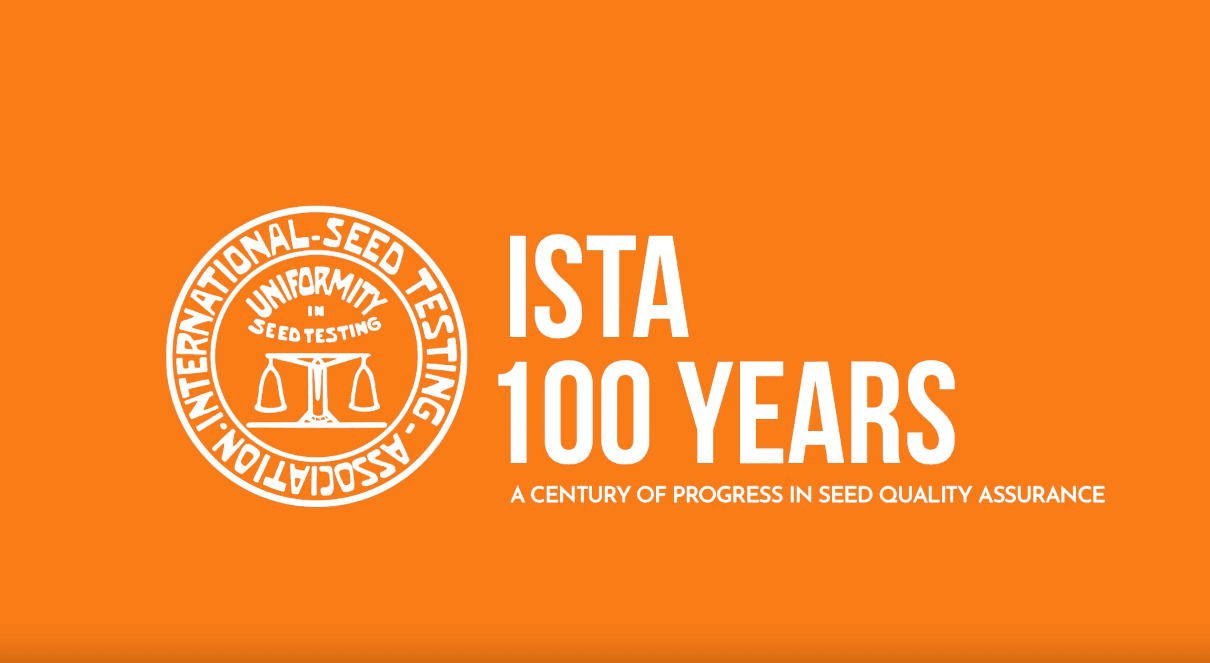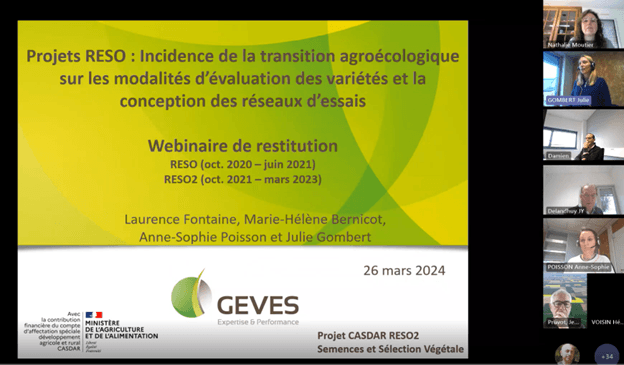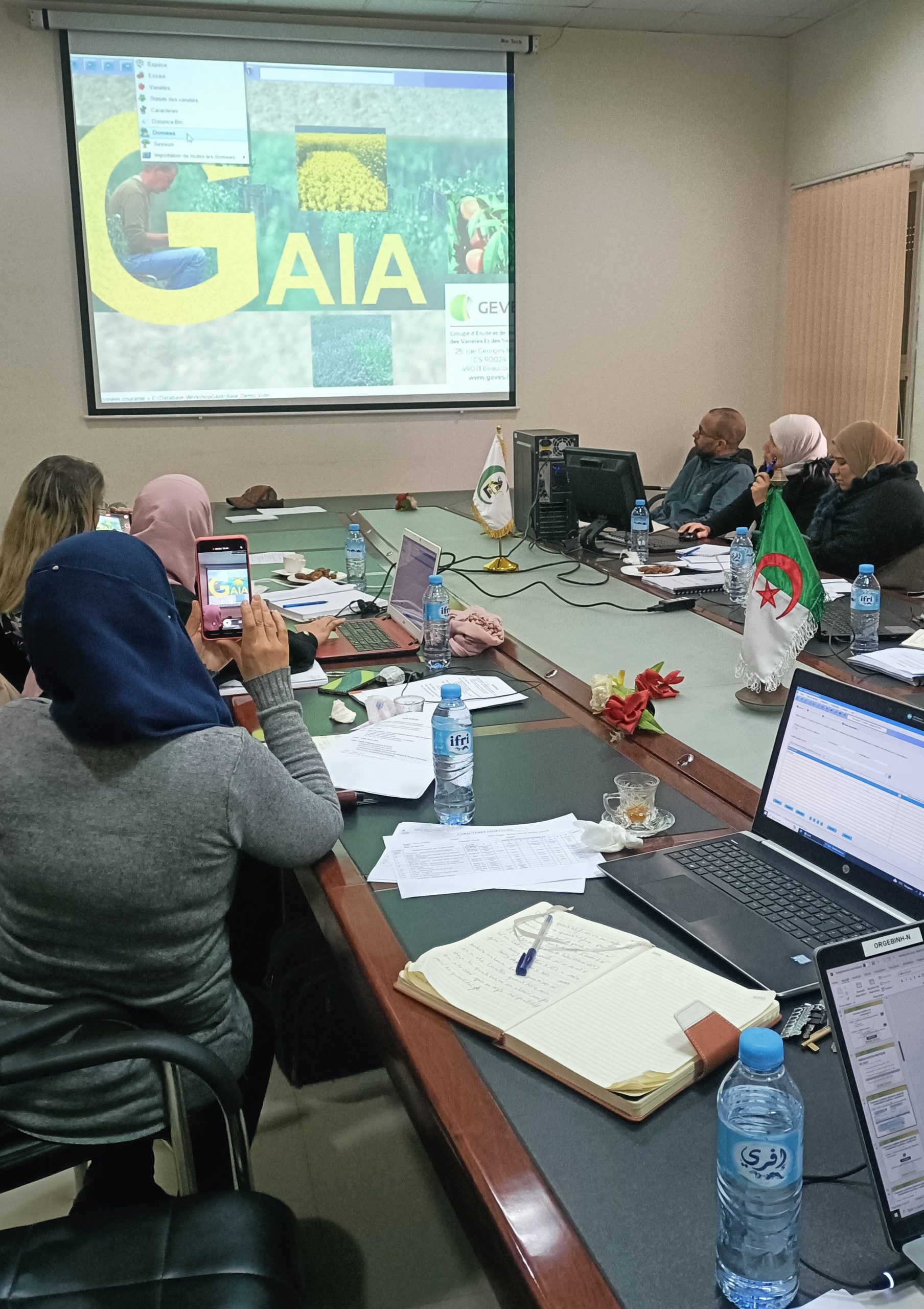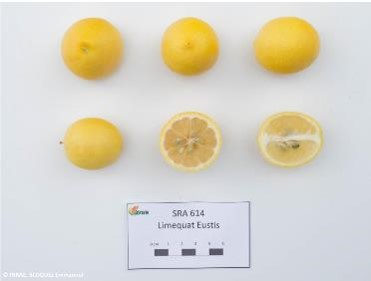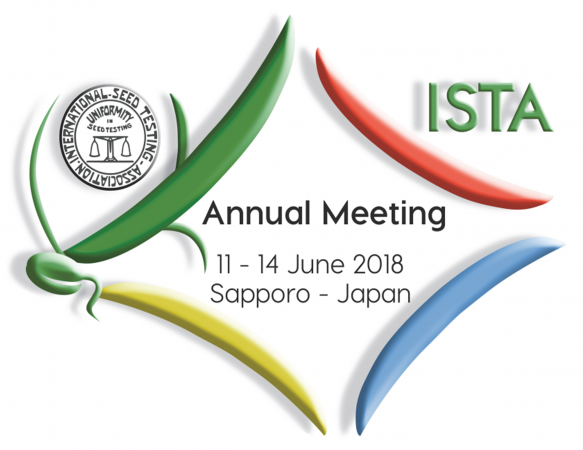
GEVES at the ISTA Annual Ordinary General Meeting in Sapporo (Japan) 2018, June 11-15
The ISTA (International Seed Testing Association) Annual Ordinary General Meeting was held in Sapporo, Japan, from 11-15 June 2018. Thirty-nine countries and distinct economies, were represented by 178 participants. In the framework of the mission of National Reference Laboratory (NRL), GEVES is deeply involved in the work of the ISTA 18 technical committees, contributing to setting up and validation of new seed testing methods, for trade and regulations.
The ISTA annual general ordinary meeting has been structured by three events:
- A seminar on seed Vigour, chaired by Alison Powell (UK). During the seminar, Marie Hélène Wagner (GEVES), invited speaker presented “From seed longevity to controlled deterioration test: an assessment of seed vigour based on seed ageing “
- The work of the 18 technical committees has been presented and discussed to prepare the session on the rules proposals to be voted on during the Ordinary General Meeting (14 June). GEVES ingeneers have chaired several meetings in their respective technical committees and contributed to new rule proposals. For instance, new methods to assess the seed germination of radish, spinach as well as flower species such as Eustoma, Felicia sp have been discussed and voted on. A new seed health method for the detection of Xanthomonas campestris pv. campestris in Brassica spp. seed has been approved. However, upon the request of France (designated voting member), a proposal to indicate the seed lot size by number of seeds has been rejected due to the negative consequences of the proposal on the intensity of sampling and modification of the seed lot size. Further studies have been requested to support the proposal and to analyse the impact on regulations and trade.
- The Ordinary General Meeting has highlighted the strength of the Association and the good financial situation allowing the funding of new projects. These projects are a new website, a feasibility study on electronic certificates (Orange International Certificates), and the financial support of the technical committees’ work to encourage new seed testing methods.
During the annual general ordinary meeting, several important items for the future of ISTA have been discussed. The development and implementation of new technologies in existing classical tests has been strongly supported by a motion submitted by members from Germany. The technologies involved were image analysis as well as multispectral and X-Ray technics. The membership has approved the executive committee proposal to prioritise the development of new technologies for the classical seed testing tests. The ISTA accreditation department is currently implementing a new accreditation structure to better fit the needs of the laboratories. The ISTA membership structure and the related fees are under revision in order to effectively attract new member laboratories from developing countries.
By actively participating in most of the above-mentioned topics, France and GEVES have demonstrated a strong interest and willingness to actively contribute to the development of ISTA, and aiming at harmonising the seed testing methods and facilitating the trade.
For information, France and GEVES chair several ISTA technical committees such as Germination (S. Ducournau, GEVES), Seed Health (V. Grimault, GEVES, Proficiency Tests (D. Demilly, GEVES), Statistics (J.L. Laffont, DowDupont- Pioneer), and contribute to the governance as member of the executive Committee (J. Léchappé, GEVES, Immediate Past President of ISTA).

